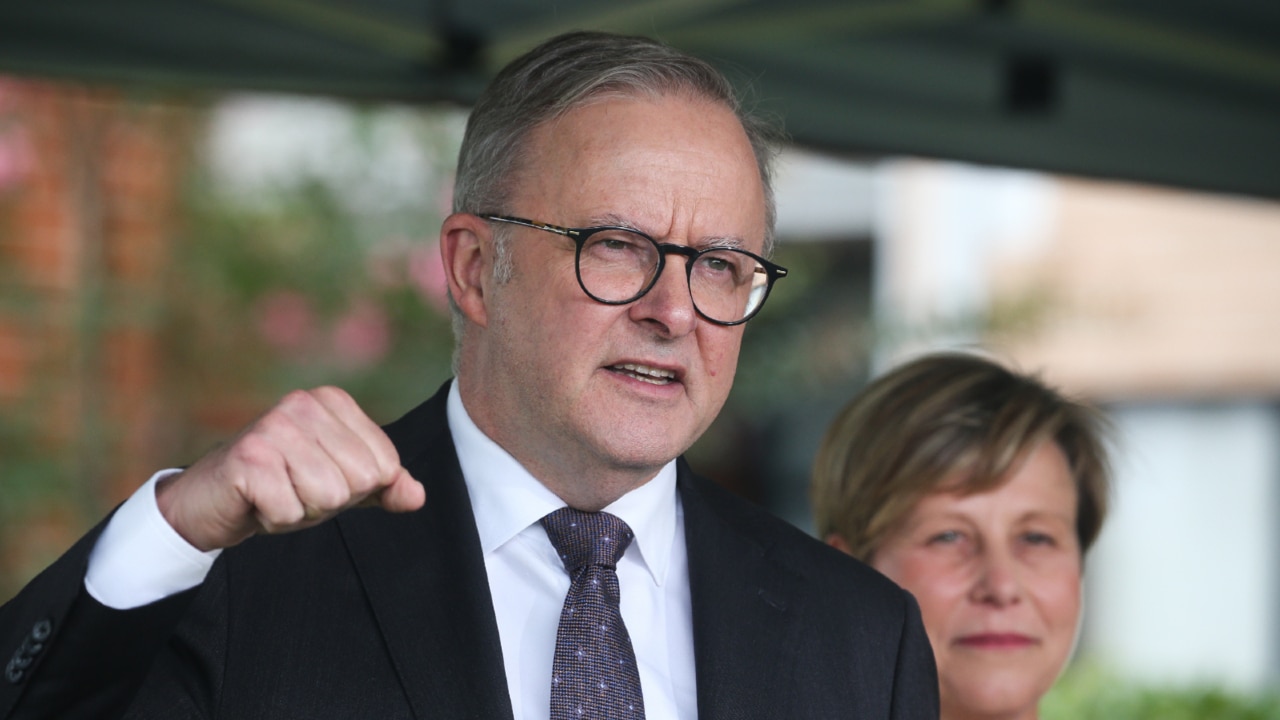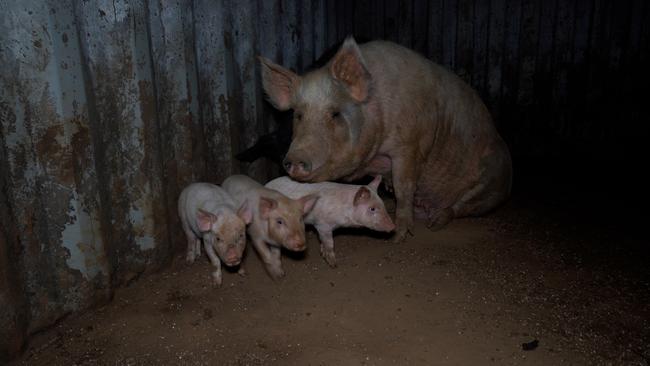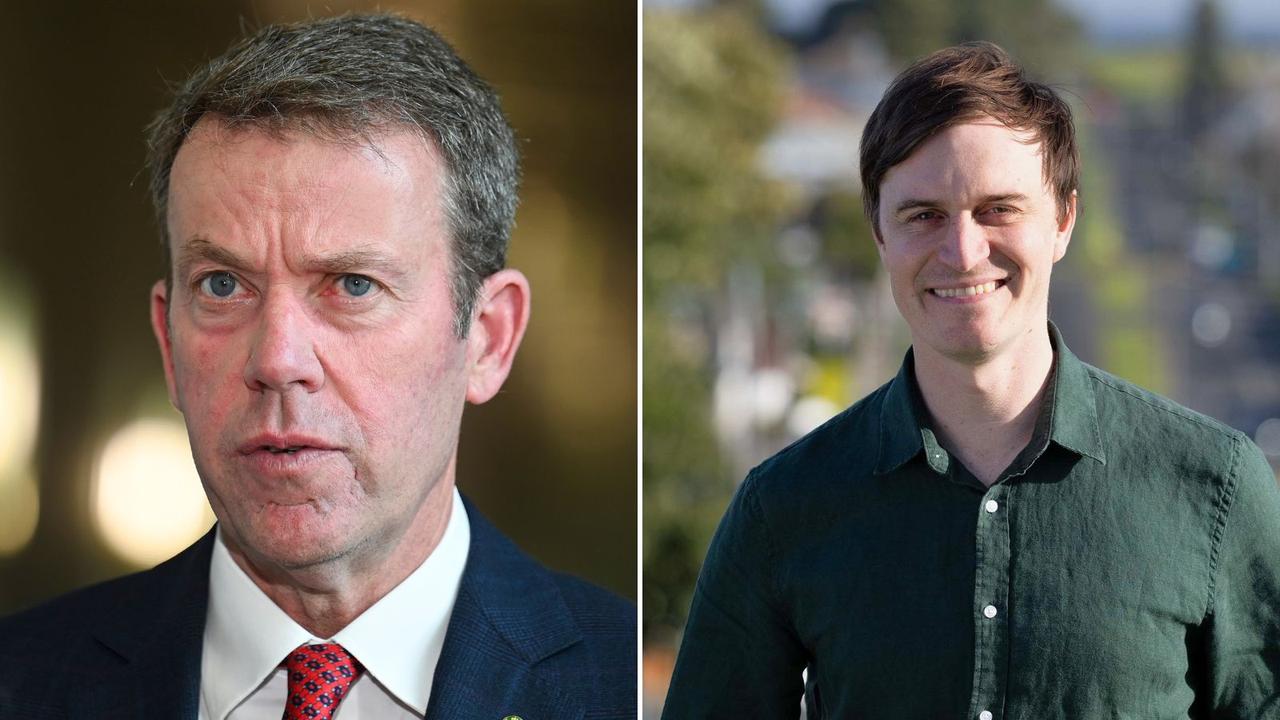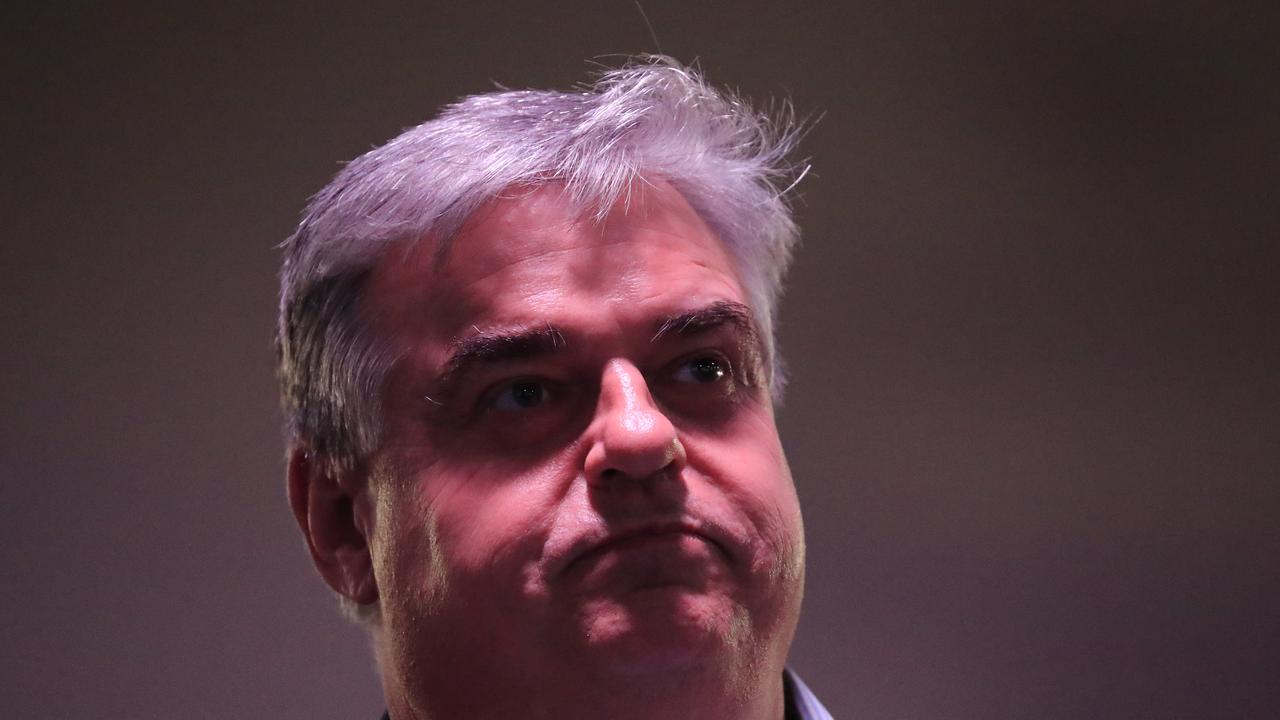VFF calls for “loophole” in surveillance laws to be closed to stop animal activists
A clause has allowed illegally obtained footage captured on farms to be shared publicly but the VFF is pushing to have surveillance laws changed.

Victoria’s workplace surveillance laws should be amended to close a “loophole” that is emboldening animal activists to trespass on farms and install secret cameras without fear of prosecution, the Victorian Farmer’s Federation says.
VFF president Emma Germano has told a Victorian parliamentary inquiry into workplace surveillance that the wording of the Workplace Surveillance Act 1999 makes it near impossible for police to stop animal activists illegally breaking in to farms to take covert footage.

Ms Germano said the footage was usually edited into an emotive package and disseminated online without fear of prosecution because of a public interest exemption within the Act.
“The activities they (animal activists) seek to record are private activities that are within private business on private premises, and essentially that would constitute a breach to the Act other than the fact that we then have this issue of the public interest,” Ms Germano said.
“We are making a recommendation that the public interest test should be balanced with the fact that this footage is essentially being gathered by an illegal means and therefore it should trump the public interest test, when often it creates a false depiction of farms in any case.”
Ms Germano said often a false image of a farm was shared on social media and seen by thousands, with significant ramifications for the impacted farmer’s health.
The state government is examining the extent to which surveillance data is being collected, shared, stored and used in Victorian workplaces.
The inquiry will assess the current protections and compare this with legislation in other jurisdictions.
“Research suggests the development of the regulatory environment, both domestically and overseas, has in many instances been outpaced by technological advances,” the government said.
Farm Transparency Project founder Chris Delforce refuted Ms Germano’s claim that footage is heavily edited.
“The public will never have the chance to see what’s happening in these places were it not for organisations like ours, risking our safety to capture and publish it,” he said, adding FTP published hours of raw footage.





